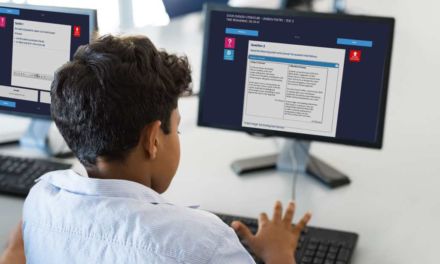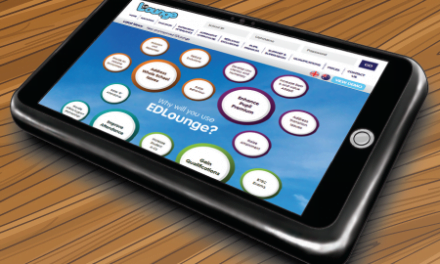Educational games have the potential to help a child develop their learning skills. Young students benefit from these games as they offer engaging visual content which can improve their learning development.
“70% of teachers said they saw an increase in student engagement when using educational video games.”
“97% of youth play computer and video games.”
Game-based learning can be very important and platforms like EDArcade have been developed to help young students be educated in an different way than mainstream schooling.
Some parents see gaming as a waste of time, but gaming for educational purposes can allow primary students learn fundamental skills and responsibilities that can help develop their future selves.
“82.35% of parents who have gamed with their children say that games are very useful in helping young children to learn basic vocabulary and basic mathematical operations.”
Games offer great educational benefits as well as entertainment
Educational games can be used as a valuable resource to help with a child’s cognitive development. Dr Laura Benton of University College London says:
“Games have real potential to be good educational tools as they provide an engaging and independent learning environment for children. They also have the ability to offer feedback and can be customised to an individual learner’s needs and preferences, with motivational features such as in-game rewards.”
By playing interactive games that engage a learner, students can: learn to think for themselves, learn to work under time constraints and pressure and learn to deal with responsibility.
Educational games are ideal for primary and SEND students. Games can be beneficial for students of all abilities as they allow you to learn at your own pace. Unique and vibrant visual aids on display can also can greatly improve learning.
“Visuals have been found to improve learning by up to 400 percent.”
Schools can use educational games to even set, complete and mark homework. Teachers can edit quizzes and personalise them to suit each student’s learning potential.
When monitored correctly, schools can see where a student is making progress and where they need help when playing certain games. Teachers can assign students pathways, games and track their progress by viewing reports.
Karl Kapp a professor of Instructional Technology at Bloomsburg University and who has published several books on gamification and ‘game thinking’ said:
“You should integrate learning games into your training programmes, because they’re engaging, they’re instructional and they give you great outcomes. But to achieve these outcomes, you need to think about where your learning games sit within your wider training offering.”
Playing educational games can keep students entertained and engaged while they learn. Implementing EDArcade in your setting can help ensure that young learners remain fully focused, and also help improve learning outcomes.
EDArcade can help you progress
As a game enrichment resource, EDArcade helps primary learners develop important skills. Many interactive games can be found in EDVille when exploring the world.
Responsibility is taught by playing EDVille – the main centre and virtual garden that a learner has to maintain. Learners complete tasks and games to earn money that will help manage their garden.
EDVille primarily teaches about responsibility, whilst EDArcade has an extensive games library which can teach a variety of skills to primary students.
The EDArcade platform delivers substantial learning resources covering core subjects and tough-to-teach topics.
EDArcade is now also certified on LendED and is available on mobile, desktop and even Playstation.
Click here to find out more about the different ways you can access EDArcade.
For more information call us on 01909 568 338, contact us here or request a demo here.










